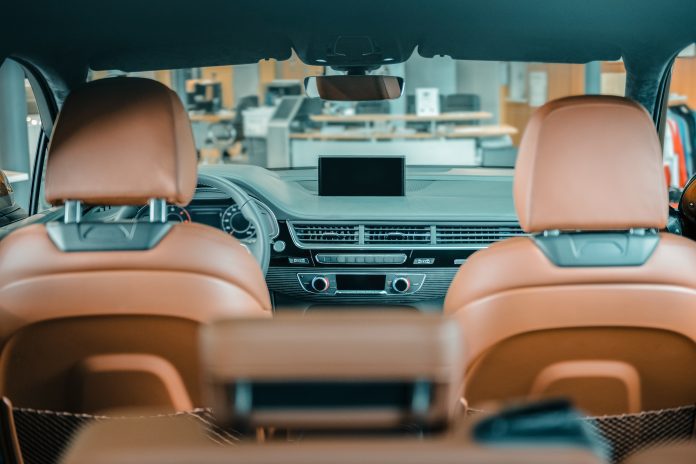A new study by the Insurance Institute for Highway Safety (IIHS) suggests that most SUVs lack suitable protection for backseat passengers.
IIHS tested 13 SUVs to measure their backseat safety standards. For each car, the effectiveness of several safety elements and risks of injury for different body parts were assigned one of three grades: poor, marginal, acceptable and good. Grades were based on data obtained through a crash test dummy placed in the backseat.
Four vehicles, the Subaru Ascent, Tesla Model Y, Ford Explorer and Ford Mustang, finished with overall good backseat safety ratings. The Toyota Highlander, Volkswagen Atlas and Chevrolet Traverse were given marginal scores. The remaining six SUVs, the Jeep Grand Cherokee, Jeep Wrangler 4-door, Honda Pilot, Mazda CX-9, Hyundai Palisad and Nissan Murano received a poor rating.
Although IIHS notes that backseat passengers are 46% more likely to be killed in a crash than other passengers, the study explains that this difference is not due to a degradation of standards, but rather to an unequal focus on front seat protection. To fix this discrepancy, IIHS Senior Research Engineer Marcy Edwards recommends that OEMs begin customizing safety mechanisms developed for the front to rear passengers. “Zeroing in on weaknesses in rear safety is an opportunity to make big gains in a short time,” she comments, “since solutions that are already proven to work in the front can successfully be adapted for the rear.”



